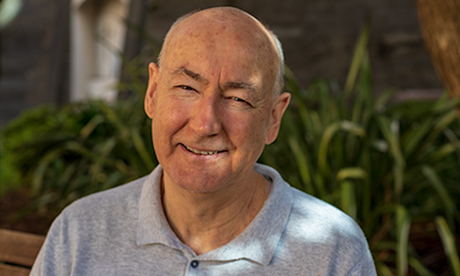The wedding invitation said ‘summer chic’. I smiled to myself as I read this request of the parents of the bride.
I had to hope that my hosts would be very understanding. The black suit of a priest would hardly pass as ‘summer chic’!
At any celebration, the hosts are very much in charge.
They determine not only what the guests should wear but also where they will sit, what will happen and when, what is served and when the party will end.
However, the guests are not without influence, even power: knowing when to speak and what to say, being discrete yet playing their part, sensing the mood, making others grateful for your company and bringing out the best in them.
These are ways in which a guest can help make any occasion memorable.
Hosts and guests, then, need to work together to make their time in each other’s company a success. One cannot do without the other!
For me, such thoughts prompt a question about the position of the Church in New Zealand.
- As a minority in our secular democracy are we now tolerated as long as we do not rock the boat, speak out of turn, challenge accepted patterns of behaviour?
- Are we expected to conform to all the written and unwritten rules of polite and acceptable Kiwi behaviour?
- When it comes to the well-being of the nation have we been effectively replaced for most by the social welfare State?
- Do we need to re-think, then, our ingrained assumption that the Church is still a necessary pillar of our society?
In short, is the Church now a guest in New Zealand hosted by a secular and democratic state?
At first glance, this may seem to be a very unpalatable idea.
We have, deeply embedded within us, the conviction that no earthly kingdom can ultimately be ‘the way, the truth and the life’.
Only the Church can reveal the fullness of human aspirations.
Why can’t we speak up, then, as and when we like, in the name of the ‘Good News’?
Shouldn’t we shout it from the rooftops? We are ‘the light of the world’, after all.
And yet, changing our mind-set and considering the Church as a guest could well prove to be a blessing in disguise.
Thinking of itself as a guest may help the Church to refresh its sense of mission.
Could not the unwritten rules for a guest, the rules about speaking, being sensitive, allowing others to play their part, working for the good of all – guide the Church on how to be an appreciated presence in a country where talk of God and quoting the Bible are considered bad manners?
Would not accepting such a status be positively humbling by reminding us again of a truth we profess: that we are servants of the Word who ‘took the form of a slave’?
Such a guest might discover that it is not without influence – even power – in modern day New Zealand.
- Kevin Mowbray SM is currently an assistant priest at St Mary of the Angels Parish, Wellington, New Zealand. Recently returned to New Zealand, for 30 years Kevin worked in Asia before taking up the role of Marist Bursar General.
News category: Analysis and Comment.




